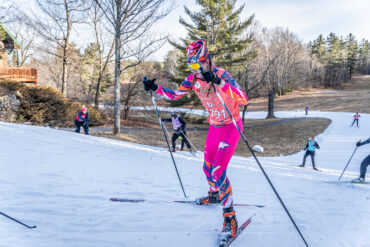-
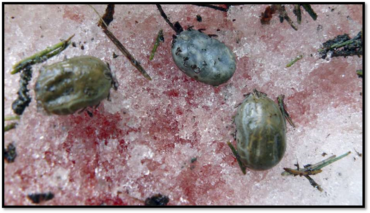
Nibi Chronicles: Krishna’s quest for ticks
-The hunt for tick varieties began after discovering that 30-40% of the local moose had “serological signs of having had Lyme Disease at some point.”
00 -
 Feature HomepageGLNCLatest NewsNewsPolitics, Policy, Environmental JusticeWater Quality and Restoration EffortsWaves of Change
Feature HomepageGLNCLatest NewsNewsPolitics, Policy, Environmental JusticeWater Quality and Restoration EffortsWaves of ChangeWaves of Change: Meet activist and We the People of Detroit president Monica Lewis-Patrick
-Waves of Change is an online interview series highlighting the diverse faces and perspectives shaping the environmental justice movement throughout the Great Lakes region.
-
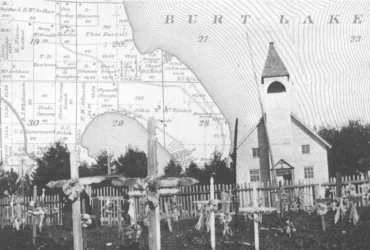
Points North: A Struggle for Justice
-More than 120 years ago, a Native American village in northern Michigan was burned down at the behest of a white land speculator. Now, the descendants of that village want the federal government to know they’re still here.
-
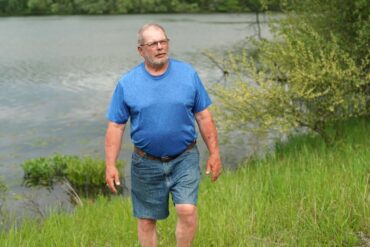
In warming Great Lakes region, water, heat can be an unhealthy combination
-From mosquitoes to sewer overflows, the heat and moisture of a changing climate are creating new health threats in the Great Lakes region, prompting a call to educate residents and doctors about the risks.
-
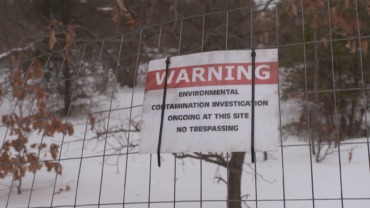 Charles Stewart Mott Foundation PartnershipFeature HomepageLatest NewsNewsPFASPFAS News RoundupWater Quality and Restoration Efforts
Charles Stewart Mott Foundation PartnershipFeature HomepageLatest NewsNewsPFASPFAS News RoundupWater Quality and Restoration EffortsPFAS News Roundup: 3M scientist exposes 50 years of PFAS deceit just as the ‘forever chemicals’ are found in Great Lakes precipitation
-Catch the latest updates on what’s happening with PFAS in the Great Lakes region.
-
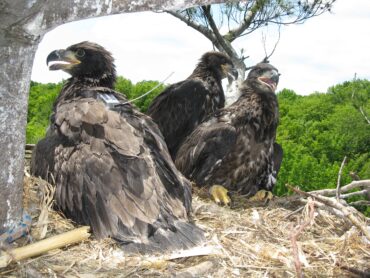
Bald eagles nearly died out. What can we learn from their return to the southern Great Lakes?
-The pesticide DDT nearly wiped out North America’s bald eagles. Communities, scientists and politicians worked hard to bring this symbolic bird back from the brink.
-

Saving Whitefish and Navigating Niagara
-Teaching Lake Whitefish to thrive and getting up close at Niagara Falls.
-
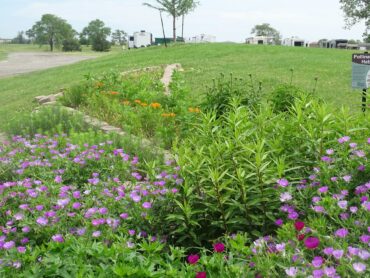
It’s OK to mow in May − the best way to help pollinators is by adding native plants
-“No Mow May” is a catchy concept, but it doesn’t provide the food that native North American pollinators need or lasting support for them.



